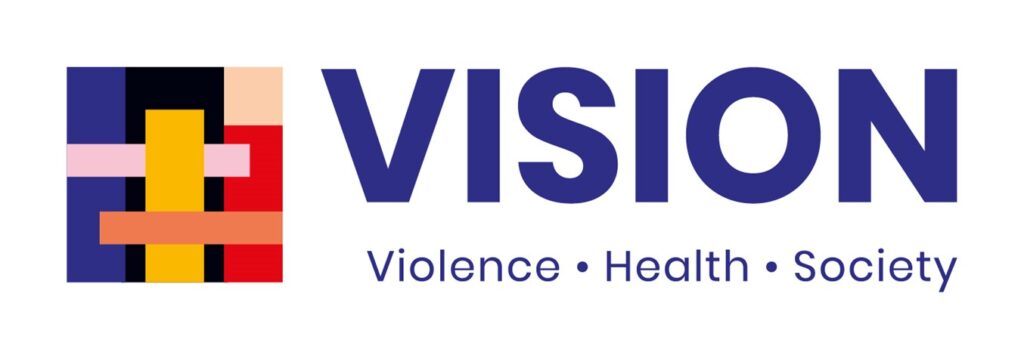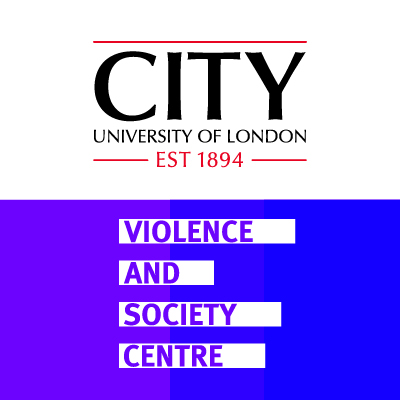Globally, one in six children are estimated to suffer physical abuse within domestic and family relationships. As well as immediate health risks associated with the physical trauma of abuse, physical abuse can have lifelong impacts on mental and physical health and well-being. Thus, even as adults, individuals who have been physically abused as children show higher levels of anxiety and depression as well as more problematic alcohol and drug use.
As a source of toxic stress, verbal abuse, like physical abuse, may affect the neurobiological development of children, leading to immediate and long-term impacts on health and well-being. Like physical abuse, verbal abuse has also been linked with poor mental and physical health outcomes during childhood and across the life course. Increasingly, empirical evidence supports verbal abuse causing damage to child development.
For the study, Comparative relationships between physical and verbal abuse of children, life course mental well-being and trends in exposure: a multi-study secondary analysis of cross-sectional surveys in England and Wales, VISION researcher Professor Mark Bellis and his team, combined data from multiple studies measuring child abuse across England and Wales. They tested the associations with poorer mental well-being across the life course with experiencing physical abuse or verbal abuse as a child individually as well as the impact associated with combined exposure to both abuse types.
Their research showed that exposure to childhood physical or verbal abuse has similar associations with lower mental wellbeing during adulthood. In fact, results identified around a 50% increase in likelihood of low mental wellbeing related to exposure to either form of abuse. With regard to verbal abuse, children who experienced ridicule, threats or humiliation from a parent / guardian have a 64% higher chance of poor mental health as an adult. The researchers also discovered that whilst physical abuse reduces over time, verbal abuse increases.
Verbal abuse may not immediately manifest in ways that catch the attention of bystanders, clinicians, or others in supporting services with a responsibility for safeguarding children. However, as suggested here, some impacts may be no less harmful or protracted. The potential impact of verbal abuse should be better considered in policy, and parenting and child protection interventions. The potential role of childhood verbal abuse in escalating levels of poor mental health among younger age groups needs greater consideration.
Recommendation
Interventions to reduce child abuse, including physical chastisement, should consider both physical and verbal abuse and their individual and combined consequences to life course health.
To cite: Bellis MA, Hughes K, Ford K, et al. Comparative relationships between physical and verbal abuse of children, life course mental well-being and trends in exposure: a multi-study secondary analysis of cross-sectional surveys in England and Wales. BMJ Open 2025;15:e098412. http://doi:10.1136/bmjopen-2024-098412
For further information, please contact Mark at m.a.bellis@ljmu.ac.uk
Illustration from Adobe Stock subscription

